DevOps is not simply a hard and fast of tools or practices but, as a substitute, a cultural and organisational shift that promotes collaboration between software improvement and IT operations groups. The aim is to enable companies to provide excessive-quality software more quickly and successfully.
DevOps guides promote a subculture of non-stop improvement and automation while strengthening communication between improvement and operations teams. We discover key DevOps ideas in this comprehensive manual and sensible hints on how to make DevOps strategies a truth.
Understanding DevOps:
A set of methods called “DevOps,” a mixture of “Development” and “Operations,” pursuits to dissolve organisational silos between groups operating on software improvement and IT operations. It places robust attention on teamwork, automation, and ongoing feedback via the software program improvement system. DevOps intends to expedite software program delivery without sacrificing protection, dependability, or high quality.
Core Principles of DevOps:
Culture: Fostering cultural change in an organisation is at the heart of DevOps, which goes beyond simply implementing new tools or technologies. Its success depends on establishing a culture of shared accountability, trust, and cooperation.
Automation: Automation is at the core of DevOps. Through iterative automation, such as infrastructure provisioning, testing and deployment, teams can reduce human error, increase productivity and accelerate delivery times.
Continuous Integration and Continuous Delivery (CI/CD): Teams can distribute newly developed code well and often contribute to CI/CD pipelines. When routine code changes are bundled into a shared repository, known as continuous integration, continuous delivery time allows new code to be moved quickly and securely to production systems.
Monitoring and Feedback: Regular monitoring of applications and infrastructure provides important insights into reliability, security, and performance. Teams can analyse areas for improvement and use feedback to make data-driven decisions.
Infrastructure as Code (IaC): Provisioning, configuring, and retaining infrastructure assets can be automated while infrastructure is managed using code. IaC encourages repeatability, scalability, and consistency in various contexts.
Implementing DevOps:
Assess Current State: Start by comparing your business enterprise’s modern-day improvement and operational processes. Identify the regions that need development, the bottlenecks, and the difficulty regions.
Define Goals: Clearly state your DevOps goals and objectives. Having specific goals will direct your DevOps initiatives, whether or not they are focused on lowering time-to-market, increasing collaboration, or boosting reliability.
Build a Cross-Functional Team: Form a pass-practical DevOps crew with representatives from exceptional assurance, operations, development, and different pertinent regions. Promote cooperation and joint responsibility for effects.
Select Tools and Technologies: Select the era and equipment that best suits your DevOps targets. Collaboration platforms, tracking tools, configuration control gear, CI/CD pipelines, and model control structures are some examples.
Implement Automation: Whenever feasible, automate repetitive techniques such as code builds, testing, deployment, and infrastructure provisioning. Workflows may be computerised using gear such as Docker, Kubernetes, Ansible, and Jenkins.
Embrace CI/CD Practices: Use CI/CD pipelines to automate the construct, test, and deployment methods. Positive enhancements were thoroughly tested before being promoted to manufacturing environments.
Monitor and Iterate: Establish tracking and alerting systems to maintain an eye fixed on the infrastructure and alertness performance, availability, and safety. To promote continuous development on your DevOps tactics, gather remarks, study metrics, and make iterations.
Challenges and Best Practices:
DevOps implementation has a completely unique set of difficulties, although it might have foremost rewards. Complex toolchains, legacy structures, and cultural competition are some standard barriers. Organisations have to prioritise developing a collaborative tradition, providing sufficient schooling and support, and steadily introducing DevOps practices to triumph over those barriers.
It’s also crucial to start small and iterate progressively. Instead of trying to absolutely revamp your tactics suddenly, focus on making small modifications and monitoring the consequences of each one. Encourage experimenting and the capacity to research from both failures and successes.
Conclusion:
To simply master DevOps, one must embody a cultural shift in the direction of cooperation, automation, and continuous development instead of merely enforcing new tools and technologies. Organisations may additionally enhance the efficiency of their software improvement strategies and supply fees to customers by breaking down the obstacles that separate the development and operations teams, adopting automation and comments loops, and placing CI/CD strategies into practice. Recall that DevOps is a method of preference for giving up a product. Stay adaptable, hold pushing the bounds of innovation, and iterate often.
An excellent education is vital for anyone looking to enhance their modern-day skills or start their DevOps adventure. As a main dealer of DevOps training, TechMindz Infopark stands proud by supplying thorough guides designed to offer employees the information and competencies important to achieving success in DevOps roles.

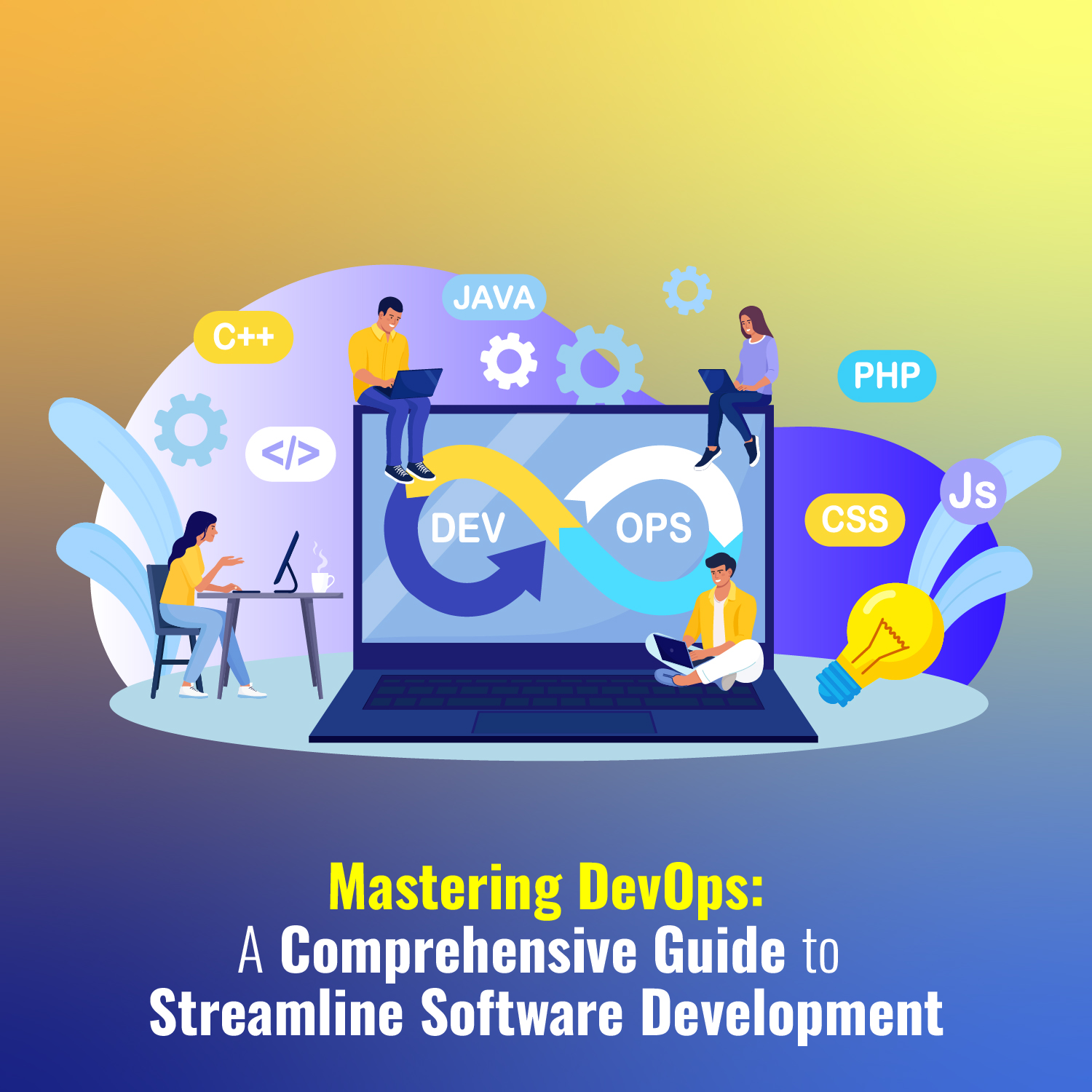



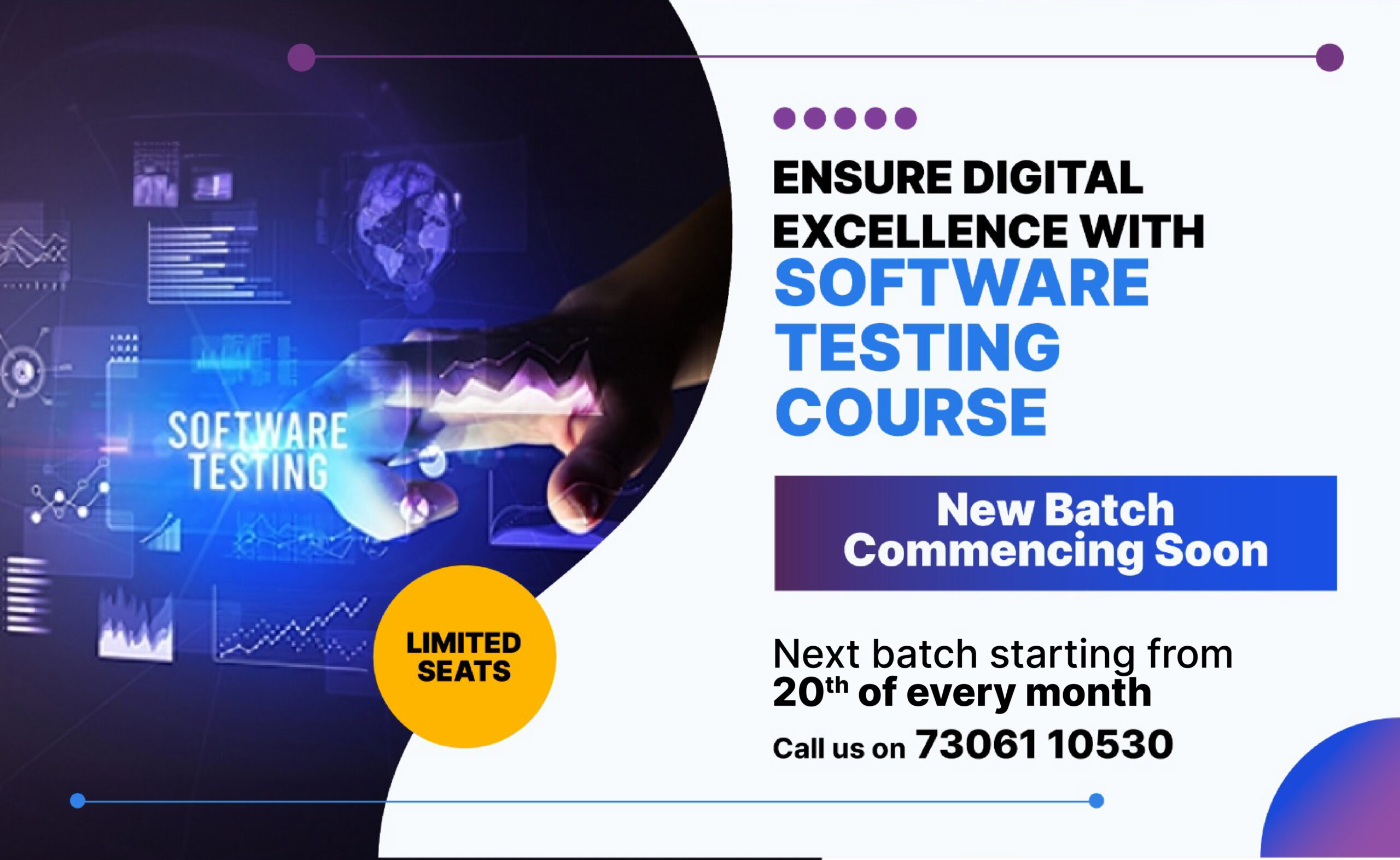
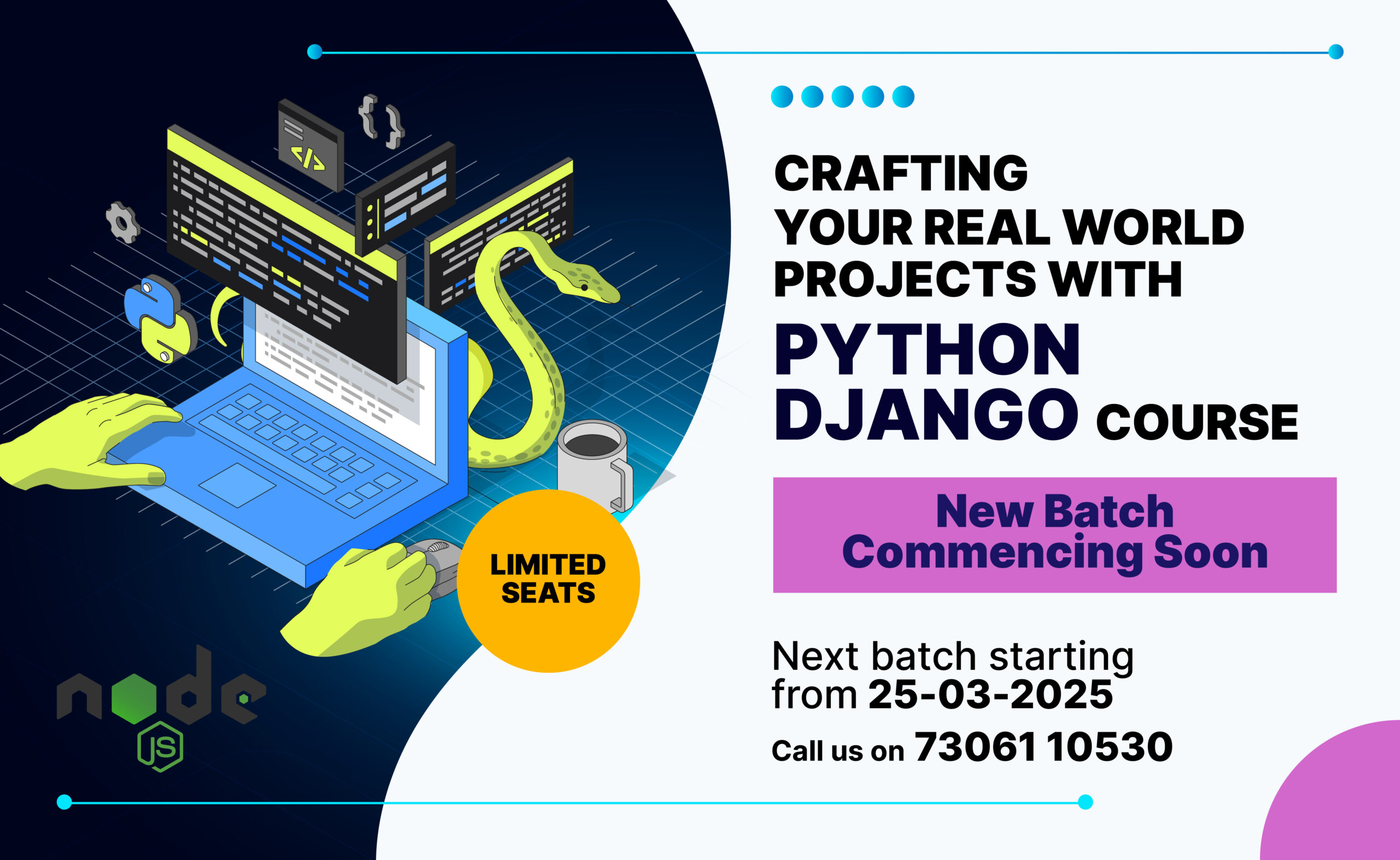

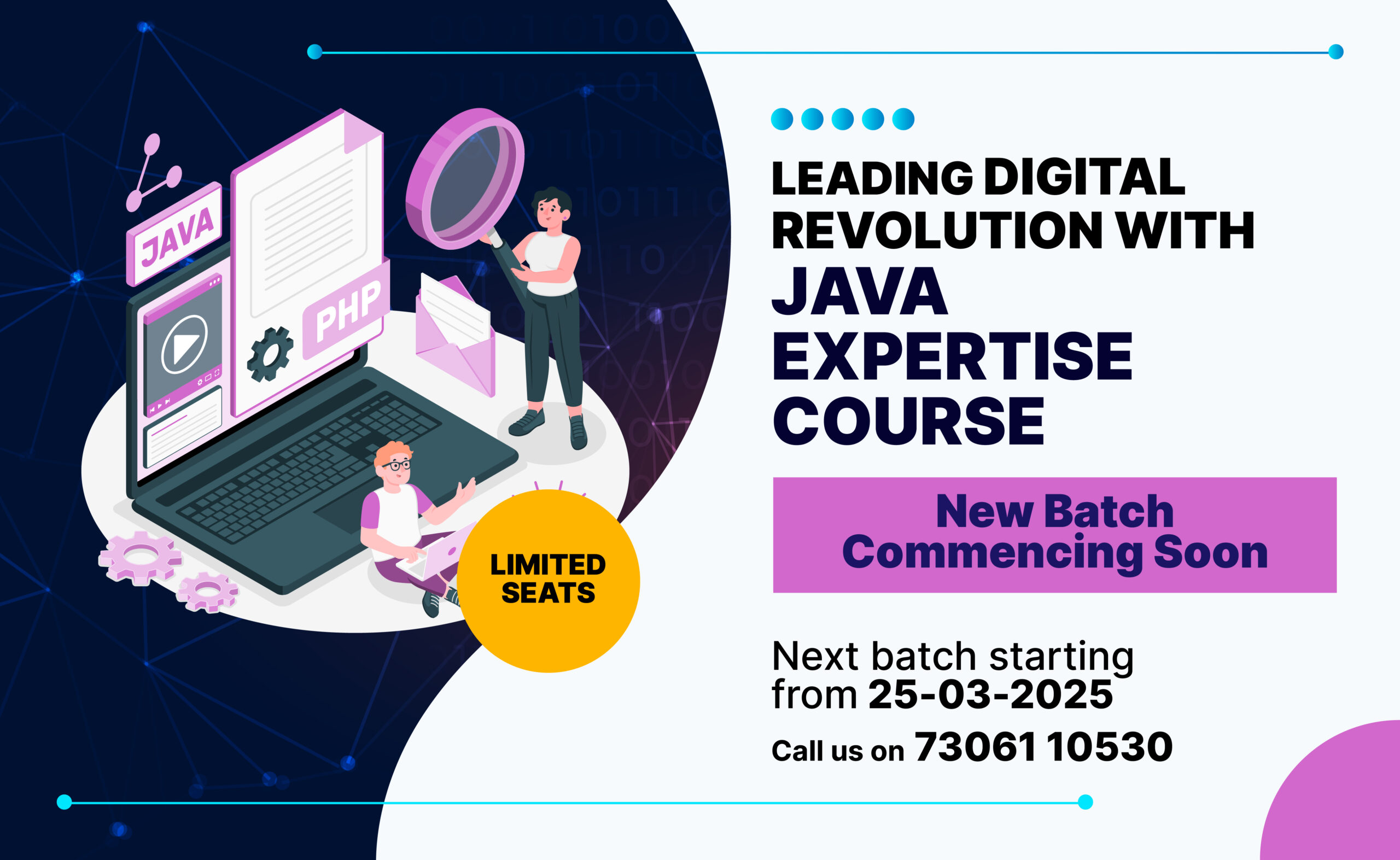
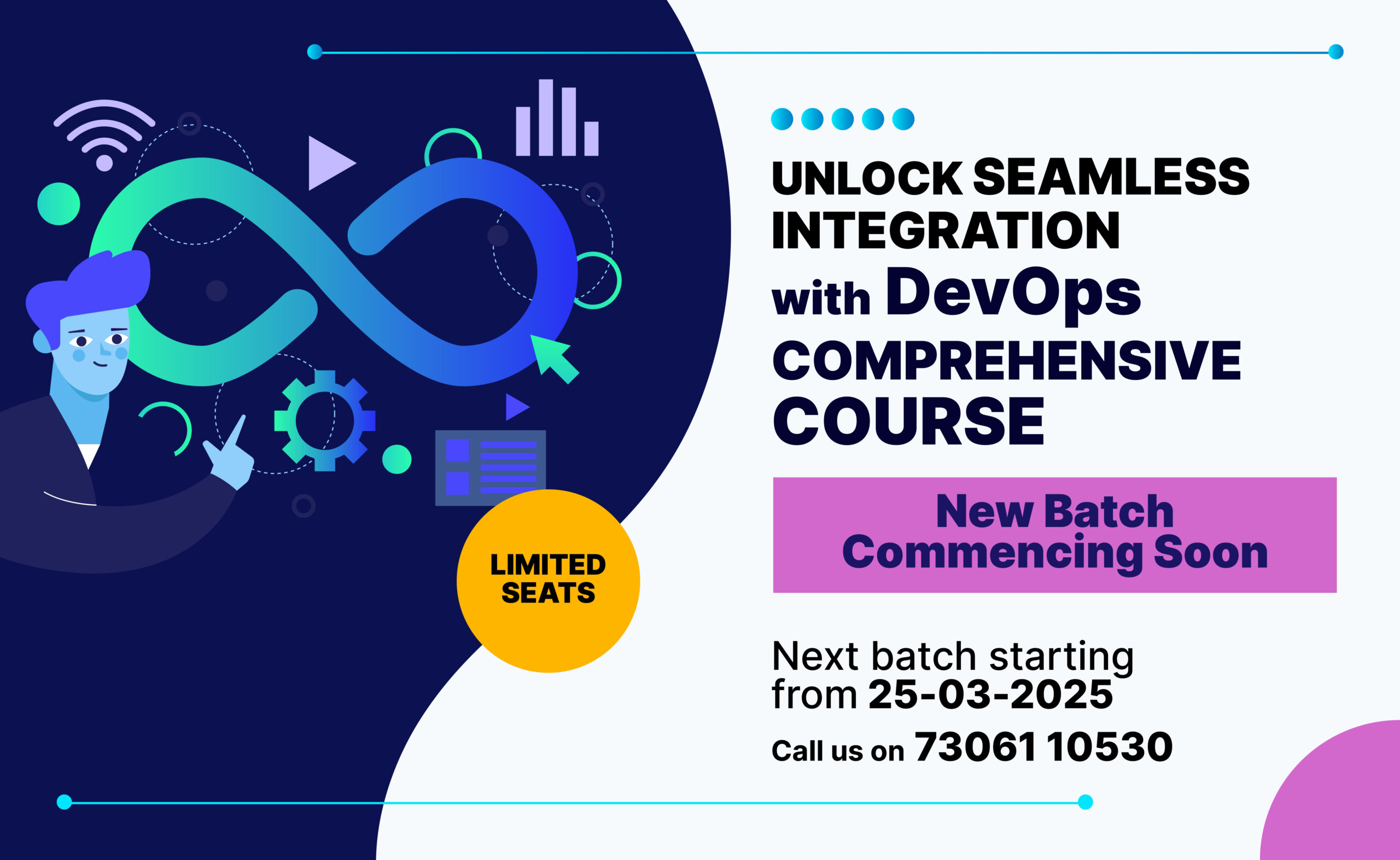




0 Comments